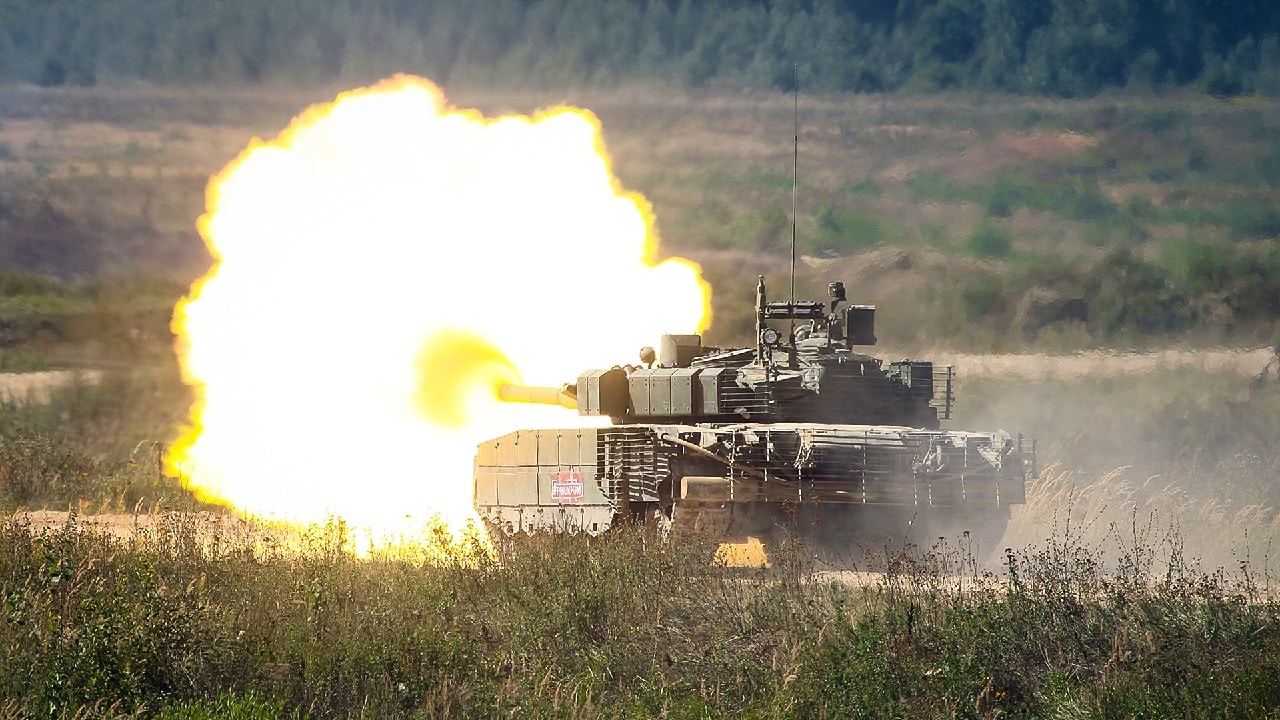The Kremlin’s war effort absorbed another blow this week, as Beijing reportedly banned the export of military-grade microprocessors.
Sanctions imposed on Russia after it invaded Ukraine in February have already driven out most Western companies, forcing Moscow to find alternate suppliers for crucial electronic components.
It has apparently looked to adopt Chinese-made Loongson (Dragon Chip), a family of general-purpose, MIPS-architecture-compatible microprocessors domestically produced by the Chinese fabless company Loongson Technology.
Dragon Chips
Also known as the Godson processors, these were developed to make the company, and China, less dependent on foreign technology. Beijing has sought to achieve semiconductor self-sufficiency, notably for its use in military technology.
Loongson has reportedly claimed that the 3A6000 CPU will provide performance on par with AMD’s Ryzen 5000 and Intel’s 11th-Gen Core CPUs. Recent simulation test results show that the 3A6000 will improve single-core fixed-point performance by 37% and single-core floating-point performance by 68% over its predecessor, the 3A5000.
Though it would still lag behind the latest x86 processors from AMD and Intel, the 3A6000 is seen as a significant leap forward for China, which has relied on imports.
China’s priority to develop a domestic microprocessor industry also stems from a growing stack of export restrictions from the United States, including a block on semiconductor equipment that could be used to make logic chips with a 16nm process or smaller, DRAM chips at 18nm or smaller, and NAND flash with 128 or more layers, MirageNews.com reported.
As the performance of the Loongson CPUs is significantly diminished compared to AMD and Intel, it is unlikely China would attempt to export them. Indeed, Russia may have been the only interested buyer.
No Chips for Russia
The Russian military industry had been testing the Loongson and planned to use them in place of Intel and AMD processors, but now Moscow will be forced to find another solution. Kommersant cited a source in the Russian Ministry of Digital Development as saying that Beijing banned Loongson processor exports, alluding to their strategic importance for China’s military.
The move was reportedly not aimed at Russia, nor will it likely cause any significant breakdown of Russia’s technological capacity. But Russia is stretched thin in this category.
As previously reported, it has had to use computer chips meant for home appliances to repair its military hardware.
Sanctions Leave Russian Companies Scrambling
It isn’t just Russia’s defense sector that is being squeezed by Western sanctions. Nearly every business in the country is scrambling to obtain Western-made devices. As the Financial Times reported this week, there is now a growing number of Russian so-called import-export specialists who are finding loopholes to acquire computers and other consumer electronics and get them through customs and into Russia.
Though the sanctions, imposed in March, didn’t actually bring down the Russian economy, as some expected it would do, there has been a steady degradation of Russia’s productive capacity.
Economists in Russia and the West say it could drive the country back by decades — Moscow is trying to operate a modern economy without the ability to import many of the components, raw materials, and technologies on which that depends.
A Senior Editor for 19FortyFive, Peter Suciu is a Michigan-based writer. He has contributed to more than four dozen magazines, newspapers, and websites with over 3,000 published pieces over a twenty-year career in journalism. He regularly writes about military hardware, firearms history, cybersecurity, and international affairs. Peter is also a Contributing Writer for Forbes and Clearance Jobs. You can follow him on Twitter: @PeterSuciu.

